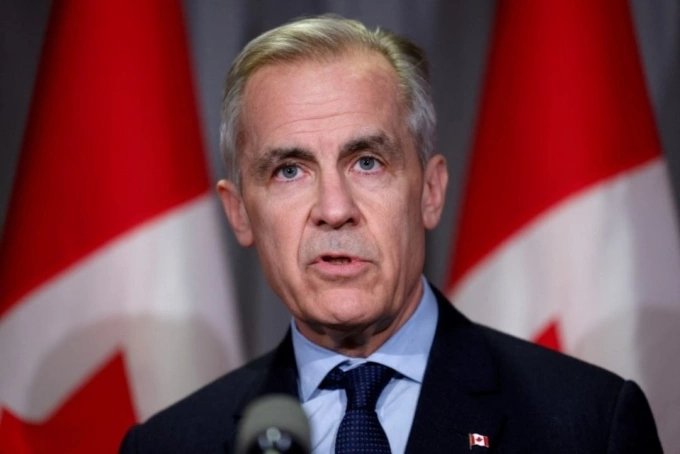The ongoing trade tensions between Canada and the United States have escalated as Canada imposes retaliatory tariffs on American goods. This move comes in response to U.S. tariffs on Canadian imports, sparking a significant shift in North American trade relations. The imposition of these tariffs marks a crucial moment in the economic and political ties between the two neighboring countries. In this article, we will explore the reasons behind Canada’s decision, the affected industries, the potential economic impact, and the broader implications for global trade.

### Background of the Trade Dispute
The trade dispute between Canada and the United States has its roots in long-standing disagreements over tariffs and trade policies. In recent years, the U.S. government has imposed tariffs on Canadian steel, aluminum, and other products, citing national security concerns. Canada, in turn, has responded with its own set of tariffs on American goods, aiming to counterbalance the economic impact of U.S. trade restrictions.
### Canada’s Retaliatory Tariffs: Key Details
Canada’s retaliatory tariffs target a wide range of American products, including agricultural goods, manufactured items, and raw materials. These tariffs are designed to apply economic pressure on specific industries within the United States while supporting Canadian businesses that have been adversely affected by U.S. trade policies. The tariffs cover products such as:
– Steel and aluminum products
– Agricultural products like dairy, meat, and grains
– Consumer goods including household appliances and electronics

### Economic Impact on Canada and the US
#### **Impact on Canadian Industries**
While the tariffs are intended to protect Canadian industries, they also pose certain risks. Higher tariffs on American imports may lead to increased costs for Canadian businesses that rely on U.S. products. This could result in higher consumer prices and potential supply chain disruptions. However, Canadian manufacturers and agricultural sectors may benefit from reduced competition and increased government support.
#### **Impact on American Industries**
For U.S. businesses, Canada’s retaliatory tariffs present significant challenges. American exporters in the affected industries may experience reduced demand for their products in the Canadian market. This could lead to financial losses, job cuts, and economic slowdowns in regions heavily dependent on trade with Canada.

### Political and Diplomatic Ramifications
The imposition of retaliatory tariffs has strained diplomatic relations between Canada and the United States. Trade agreements such as the USMCA (United States-Mexico-Canada Agreement) are being tested as both nations seek to navigate the economic consequences of these measures. Canadian leaders have emphasized their commitment to defending national economic interests while expressing a willingness to engage in diplomatic negotiations to resolve the dispute.
### Global Trade Implications
The Canada-U.S. trade dispute is not just a bilateral issue; it has broader implications for global trade. The conflict highlights the fragility of international trade agreements and raises concerns about protectionism in the global economy. Other countries closely watching this dispute may take similar protective measures, potentially leading to increased trade barriers worldwide.
### Possible Resolutions and Future Outlook

To resolve the trade tensions, both Canada and the United States may need to engage in negotiations to reach a mutually beneficial agreement. Potential solutions include:
– Diplomatic talks to ease trade restrictions
– Revised trade policies that address both nations’ economic concerns
– Strengthening international trade agreements to prevent future disputes
As the situation unfolds, policymakers, businesses, and consumers must remain informed about the evolving trade landscape. The long-term economic stability of both Canada and the United States depends on a balanced approach to trade relations.
### Conclusion
Canada’s decision to impose retaliatory tariffs on the U.S. is a significant move in the ongoing trade war between the two nations. While these measures aim to protect Canadian industries, they also pose economic risks and diplomatic challenges. The future of Canada-U.S. trade relations will depend on the willingness of both nations to engage in constructive dialogue and find common ground. As global trade dynamics continue to shift, it is crucial for countries to prioritize economic cooperation over trade conflicts.
